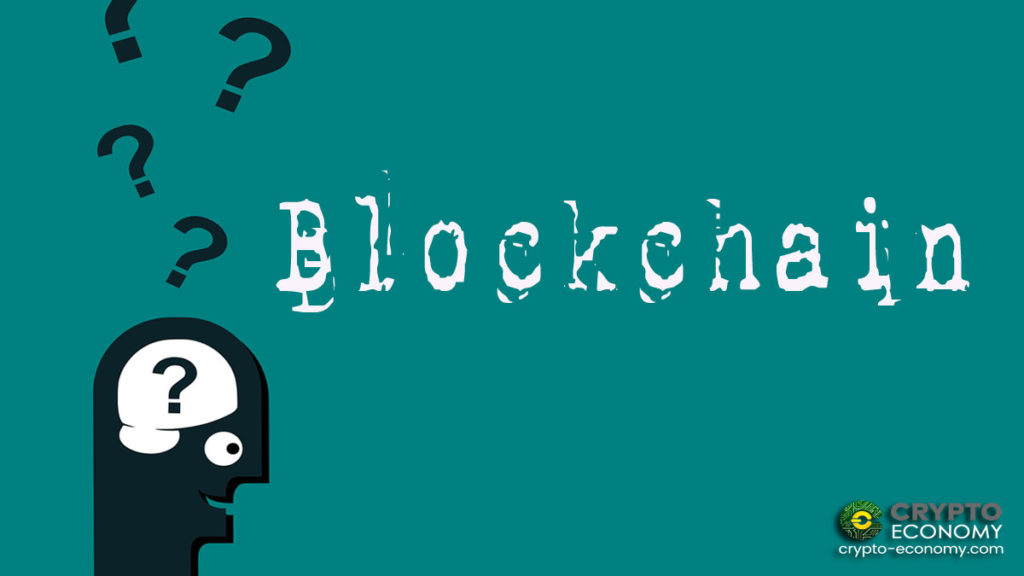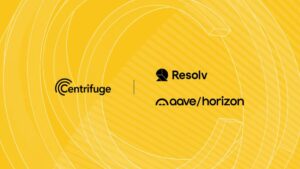Today, most of us have heard the word blockchain. But the majority of them understand blockchain as a thing that makes Bitcoin work. It was the case in the early days of blockchain.
However, with the introduction of smart contracts, blockchain technology is now an ocean that can accommodate almost every use case of the modern world. By using code as law, blockchain technology offers countless opportunities that can disrupt the existing world.
Nowadays, being secure and decentralized ledgers, blockchain technology is being used in several areas of life. Other than financial technologies (fintech), healthcare and supply chain can be seen as an example.
The transparent and distributed nature of these technologies can also positively impact the education sector. Below, we will take a look at how DLT technology can improve the education sector.
Blockchain For Education
Counterfeit degrees have always been a problem in universities. Currently, all student records and related information are kept in a centralized database. If a centralized ledger is compromised, the problem is obvious to everyone.
Some universities are using blockchain technology. In 2017, the University of Melbourne started using blockchain to issue digital credentials of students to share verified copies of their qualifications with employers.
A 2019 study by Gartner reveals that 2% of the respondents from the education sector have already deployed blockchain. 18% of respondents were planning to do so within the next two years.
There many applications of blockchain-based technologies for education. This article will identify some of these applications.
Students Record Keeping
One of the most significant use cases for blockchain in education is to transform the record-keeping of students. Making digital versions of degrees, certificates, and diplomas and storing them on the blockchain can remove the problem of counterfeit and fake degrees.
For employers, it would be easy to verify students’ records without the need for an intermediary to verify them, as they can be provided with a link to a digital diploma. MIT is using blockchain technology to issue digital blockchain-stored diplomas to its graduates.
Currently, academic transcripts are one of the most time-consuming, labor-intensive tasks in academic institutions where each entry must be manually verified to ensure accuracy.
Increasing Efficiency In Different Processes
Blockchain-based university degrees are a great leap forward, but the technology promises more than that. Blockchain can be used to create a virtual transcript or record of all educational achievements throughout one’s entire lifetime. A distributed, verifiable lifetime transcript reduces CV fraud, streamlines students’ transfer between universities, states, and countries. This process, otherwise, is lengthy as students have to frequently visit their previous institute for credential verification. A simple link to a lifetime transcript would remove this painful requirement.
These innovative technologies could be also used for accreditation of educational institutions, a complex and time-consuming process in many countries.
A New Digital Asset Market in Education
Processing student payments in cryptocurrencies would generate a new market for digital assets. Universities can collect fees in crypto assets, perhaps even their native digital currency, that would require only an address and some simple clicks. This removes the current lengthy process that involves the student, parents, scholarship-granting agencies, financial institutions, governments, and educational institutions, and eliminates the credit card transaction fees previously charged to students.
A Disruptive Education Model
The real disruptive power of blockchain lies in creating a new borderless education model that could automate administrative tasks, reduce tuition fees, and increase faculty remuneration.
San Francisco-based Woolf University, founded by a group of academics from both Oxford and Cambridge, uses a unique blockchain-based education model. Woolf claims to be a fully-accredited, borderless, and blockchain-powered university. The university allows enrolled students to be taught by the professor of their choice. Instructors can choose to be paid in WOOLF tokens or their native currency. Using blockchain technology, Woolf University aims to create the Airbnb of degrees.
If you found this article interesting, here you can find more Blockchain and cryptocurrency news











